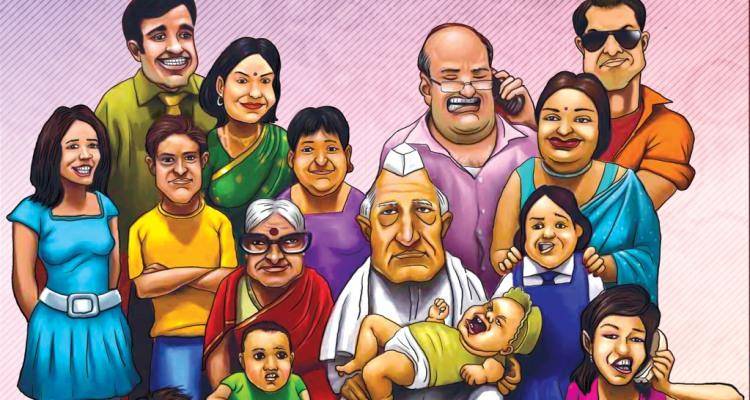
This pandemic has taught us importance of staying in a larger family, wherein everyone and anyone can chip in whenever required for any work, support (financial / otherwise) and avoiding boredom as travelling is restricted and socialising is scarce.
However one question that will immediately come in our mind is that even in a joint family, each family will have investments in different instruments and will make different decisions thereof. How will a joint family be helpful?
Around the globe what joins us together is return on investments. Now hold your breath. If based on recent history if one tells you that in 7-10 day time frame a financial instrument can make you richer by atleast 20-50% (730%-1825% per annum… whoopie) on invested principal amount, then not only families but your neighbours, friends, foes, relatives will be more than eager to know that secret financial instrument. This financial instrument is equity IPOs in the Indian stock market. We are restricting this article for IPO subscription in Retail Individual Investors (RII) segment only. There are other segments under which IPO subscriptions are possible namely – Qualified Institutional Buyers (QIB), Non-Institutional Investors (NII) and Employees (Under ESOPS or otherwise) segment. Since most IPOs these days are over subscribed by atleast more than five times, the chances of allotment will increase only if one makes more than one application. As per SEBI rules, one person can make only one application in an IPO. Therefore, in case there is a joint family, each adult individual and HUF can make one application. Thereby increasing the chances of allotment. So bid for minimum share investment lot in a particular IPO (price ranging between ₹14,000/- to ₹15,000/-) and voila, you may enjoy a joint family party in case you win this lottery.
The latest IPO being that of Zomato (food delivery app), a current loss making internet Indian unicorn, whose issue price was ₹76/- per share. It got listed at ₹116/- per share. After touching a day high of ₹138/- per share, it closed at ₹125.85/- per share. Premium of up ₹49.85 or 65.6 per cent over the IPO price. An investment of ₹14,000/- would have returned ₹24,540/- in seven days flat. At the closing price, Zomato’s market cap stood at ₹98,731 crore. In terms of market value, Zomato overtook Vedanta, Mahindra & Mahindra, Adani Total Gas, ICICI Prudential Life, Dr Reddy’s Lab, Coal India, SBI Cards, Hindalco Industries, Berger Paints, Britannia Industries, DLF, Ambuja Cements, Indusind Bank, Cipla, Eicher Motors and Marico.
There are two options generally that investors follow once IPO allotment is made –
- Sell the shares on the day of the listing or
- Hold the shares and sell it in future.
Based on the risk appetite and future prospects of the Company, the said choice should be made. For example – Zomato is a current loss making company. It cannot declare dividends till it comes out of red. In this case, investors should book profits on the listing date. In an alternate, take the case of another recent IPO of Clean Science and Technology Ltd., the stock price which started off at ₹1,784.40 per share, higher by ₹884.40 or 98.27 percent over the issue price of ₹837 on BSE. Seeing the revenue growth at a CAGR of 28 percent, EBITDA (earnings before interest, tax, depreciation and amortisation) 52 percent, and profit 60 percent during FY18-FY21 of this company, investors are likely to hold the shares for future gains including dividends.
As per this methodology tracking of IPOs of 2020 the Market Price as on 22nd July, 2021 as compared to its issue price is as under:

NPowersU Team Expert Opinion
India is a growing economy and with impetus given in current times on entrepreneurship and also inviting FDI in India with thrust on manufacturing, there are many more future chances that the investors, who currently missed the IPO bus, can jump in and reap profits.
As we all know, investments are subject to market risk and person is advised to do his/ her own study before selecting the IPO of their choice for investments.
We end this blog with a funny statement “A family that stays and invests together, reaps profits together.”
Related Links:

